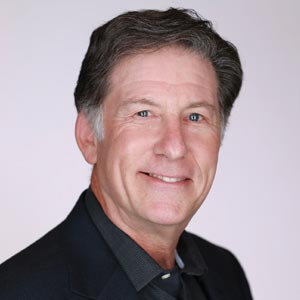One of the many myths I dispel in our DISC Certification course is that DISC scores do not change over time. Can a person’s DISC score change? Absolutely! Do they change? That depends.
There are over 30 different DISC assessments currently being sold in the USA. Most are not very accurate. If the DISC you took is not very accurate, it may not pick up changes in your behavior. But people can change their behavior patterns. Their “adapted” DISC score is more easily changed. Most DISC assessments determine two different DISC scores, the “adapted” is the “mask” we put
on, or how we think we are supposed to behave, when interacting with others. If you believe you need to change your “mask” because of a new boss, a new job, or some other change in your environment, an accurate DISC assessment will pick up that change in behavior patterns when it analyzes your answers to the DISC questions.
Most DISC assessments also determine a “natural” DISC score. This is how you behave when you are 1) by yourself, 2) with someone you highly trust, or 3) when you are under stress and can’t maintain your “mask” behavior. The “natural” DISC score is usually more stable, but that can also change. A person experiencing a “significant life event,” such as discovering they have a serious illness or experiencing a marital divorce, are significant enough to get us to think about and actively change how we behave. The extent to which your behavior changes determines how a good DISC assessment will measure your behavior and change your DISC score.
The above answers the question regarding can a DISC score change. There are other reasons a person’s score on a DISC assessment changes, but the major point is, your score can change. It depends on the situation, and how the person reacts behaviorally to the situation, as to extent to which the DISC score does or does not change.





